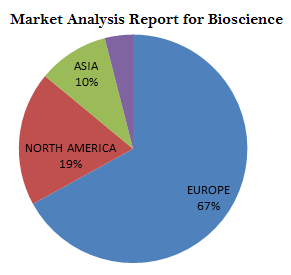
Sergey Suchkov
I.M.Sechenov First Moscow State Medical University Russia
Title: Antibodies with functionality as a new generation of translational tools to monitor, to predict and to prevent demyelination
Biography
Biography: Sergey Suchkov
Abstract
Abs against myelin basic protein/MBP endowing with proteolytic activity (Ab-proteases) are of great value to monitor demyelination to illustrate the evolution of multiple sclerosis (MS). Anti-MBPautoAbs from MS patients and mice with EAE exhibited specific proteolytic cleavage of MBP The activity of the MBP-targeted Ab-proteases markedly differs between: (i) MS patients and healthy controls; (ii) different clinical MS courses; (iii) EDSS scales of demyelination to correlate with the disability of MS patients to predict the transformation prior to changes of the clinical course.
The sequence-specificity of Ab-proteases demonstrates five sites of preferential proteolysis to be located within the immunodominant regions of MBP confirmed by the structural databanks.Two of them falling inside the sequence covering a 81-103 peptide and its 82-98 subsegment as well, with the highest encephalitogenic properties both to act as a specific inducer of EAE and to be attacked by the MBP-targeted Ab-proteases in MS patients with the most severe (progradient) clinical courses.
Sites localized within the frame of 43-68 and 146-170 peptide subsegments whilst being less immunogenic happened to be EAE inducers very rare but were shown to be attacked by Ab-proteases in MS patients with moderate (remission-type) clinical courses.
The activity of Ab-proteases was first registered at the subclinical stages 1-2 years prior to the clinical illness. About 24% of the direct MS-related relatives were seropositive for low-active Ab-proteases from which 38% of the seropositive relatives established were being monitored for 2 years whilst demonstrating a stable growth of the Ab-associated proteolytic activity. Registration in the evolution of highly immunogenic Ab-proteases to attack 81-103 and 82-98 sites pre-dominantly would illustrate either risks of transformation of subclinical stages into clinical ones, or risks of exacerbations to develop.
The activity of Ab-proteases in combination with the sequence-specificity would confirm a high subclinical and predictive (translational) value of the tools as applicable for personalized moni-toring protocols. And close association between the proteolytic sensitivity of MBP and post-translational modifications of the latter may represent one of the key regulatory mechanisms in the epitope generation.
Ab-prot

